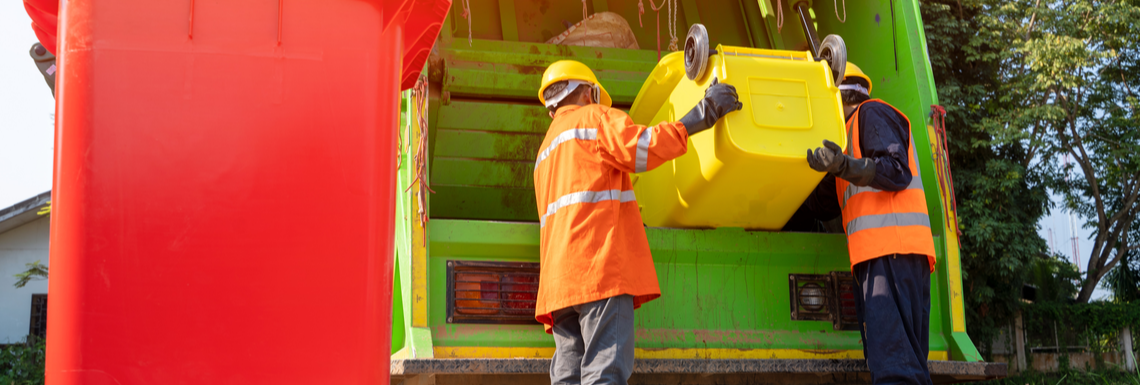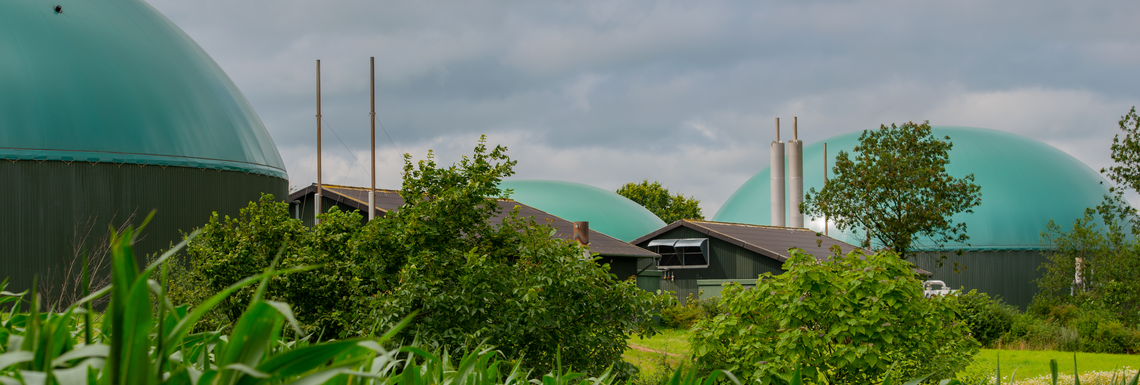Mazovia is not only Warsaw’s problem.
The effects of drought are being severely felt by farmers. Their poor financial situation often influences the resignation from buying insurance, and compensation, if a given crop is eligible for payment, does not cover the costs incurred. A big problem is the procedure for considering a site to be affected by drought. This fact must be confirmed by the Institute of Fertilization and Soil Management in Puławy, which runs the Agricultural Drought Monitoring System (SMSR). The system is intended to identify areas where losses due to drought have occurred in crops. Only 6 SMSR stations were located in the Mazovian Voivodeship by 2020, and the greater the distance of measurement points from drought-stricken areas, the lower the accuracy of meteorological data. Data for the drought-affected site is not measured and calculated based on data obtained in places up to 70 kilometers away, which means that they do not correspond to the actual meteorological situation in the area concerned.

Water is a problem in cities.
Changes in water circulation observed in nature in recent years relate to rainfall. Increasingly, they have a hurricane nature, resulting in numerous local floods because the existing sewerage infrastructure is not able to receive a large amount of flowing water in a short time. This is intensified by more and more impermeable areas. Therefore, cities should aim to maximize water retention and minimize rainwater outflows. This is served by all kinds of retention and infiltration systems that slow down the outflow of rainwater, eliminate paved surfaces and restore biologically active surfaces. It is also important to establish rain gardens, where both the soil and the selection of plant species allow for increased water storage, which minimizes the negative effects of drought periods.
Mazovia’s largest cities recognize this problem and actively try to prevent water waste, which in case of heavy rainfall is being irrecoverably lost. In Warsaw, a programme called “Warszawa captures water” was proposed, which provided grants for the installation of small water retention equipment. The local government decided to finance the construction of home garden rainwater tanks, infiltrating boxes, or absorbent wells.
Płock and Radom joined the Ministry of Environment project “Let’s Empathize with the Climate”, in which 44 cities will implement adaptive measures that will contribute to water retention in cities with more than 100 thousand residents. In addition, Radom is implementing the LIFE project “Adaptation to Climate Change through Sustainable Water Management in Radom’s Urban Spaces”. The Radom project addressed the problem of slowing rainwater runoff as an adaptation to climate change.

Municipal economy
Waste management in the Mazovian Voivodeship is carried out in accordance with the assumptions of the “Waste Management Plan for Mazovian Voivodeship 2024” (PGO WM 2024) and based on the list of functioning and planned municipal installations conducted by the Marshal of Mazovian Voivodeship in BIP. PGO WM 2024 defines the objectives and courses of action for, among others, the implementation of circular economy (GOZ) rules, sets a general framework for the prevention of waste in the voivodeship, identifies the directions and ways of waste management and defines the investment needs of the voivodeship.

When analysing data on the volume of mixed municipal waste received from residents, it can be concluded that the processing capacity of the mechanical and biological treatment plants and the municipal thermal waste conversion installations (ITPOK) are sufficient to process the resulting waste stream. However, downtime can be a problem if a functioning plant fails or cannot accept waste for other reasons. Then the needs of the voivodeship might not be secured. In particular taking into account the area of Warsaw and its multi-family housing and the small processing capacity of the only ITPOK in the voivodeship, it is reasonable to expand it. The planned processing capacity after expansion will be 305 200 Mg/year.
On the other hand, the processing capacity of existing plants for the treatment of selectively collected waste is secured by the voivodeship. However, given that the volume of this waste will increase in coming years, as well as the fact that not only waste from the municipal sector reaches the sorting plant, the need for sorting and cleaning facilities for selectively collected waste will increase.

Education and Information
One of the current tasks posed by the EU to member countries is the gradual transition from a linear economy to a circular economy. Being aware of the importance of showing the objectives of introducing this kind of economy to the public, as well as to show entrepreneurs what they can do in this regard and how they will benefit from it, the Marshal’s Office of the Mazovian Voivodeship has undertaken many educational and informational measures.
In 2020, it organized three cycles of online circular economy training for small and medium-sized enterprises. The aim of the training was to educate on sustainable resource management, responsible waste management and industrial synergies aimed at closing circuits, including showing entrepreneurs how to change their business model in a circular direction, and to realize how many new business opportunities are opening up thanks to such a transformation.

In 2021, it announced an open competition of tenders for NGOs and other entities listed in Article 3 (3) of the Law of 24 April 2003 on Public Benefit Activities and Voluntary Service. The competition focused on the implementation of public tasks of the Mazovian Voivodeship in 2021 in the area of “Ecology and Protection of Animals and Conservation of Natural Heritage”, in the form of supporting the implementation of the task “Educational and Information Activities in the Field of Waste Management with Particular Emphasis on Issues Related to the Implementation of the Circular Economy”.
Recycling rates
Of the 314 municipalities located within the administrative boundaries of the Mazovian Voivodeship, the reporting obligation in this voivodeship is fulfilled by 301 municipalities and one inter-municipal union, which carries out the task on behalf of 8 municipalities. In the Podlaskie Voivodeship, 5 municipalities fulfil the reporting obligation. Most municipalities subject to the reporting obligation have achieved legally required recovery and recycling rates of waste preparation and reuse, although this is increasingly difficult year after year.
The number of municipalities in the Mazovian Voivodeship that have reached the required rate of municipal waste recycling in a given year.
ON. |
SPECIFICATION |
YEAR |
||||
2015 |
2016 |
2017 |
2018 |
2019 |
||
1. |
Required rate of recycling and preparation for reuse of municipal waste (fractions: paper, metal, plastics, glass) |
16% |
18% |
20% |
30% |
40% |
2 |
Number of municipalities in Mazovian Voivodeship that have reached the required rate of municipal waste preparation for reuse or recycling (according to the regulation of the Minister of the Environment of 14 December 2016 on recycling levels, preparation for reuse and recovery through other methods of certain municipal waste fractions) |
276 |
273 |
270 |
221 |
**b.d.** |

Action in the EU
One of the initiatives in which the Marshal Adam Struzik, rapporteur in the Committee of the Regions, participates as, is to prepare an opinion for the EU Strategy on Chemicals for Sustainability for a Non-Toxic Environment presented by the European Commission on the 14 October 2020. The strategy is the first step towards achieving zero pollution of the natural environment, free of toxic substances, announced in the European Green Order. The strategy sets itself a dual objective: to better protect the health of citizens and the environment and to support innovation regarding safe and sustainable chemicals, thus reviving the economy and increasing its competitiveness on the global market.

The Committee on Environment, Climate Change, and Energy took the initiative to develop a working document entitled “Safe and Sustainable Chemicals for a Toxin-Free Environment in Europe’s Cities and Regions”. As part of the work carried out on the document, a number of meetings and consultations were conducted with stakeholders, including local governments, NGOs, the world of science and business, including the chemical industry. During the drafting of the working document and its consultation, numerous comments and conclusions were made by stakeholders, thereby raising important issues for individual bodies, regions, and industries. The opinion raised the issue of competitiveness of companies in both the European and global markets, as well as the need to provide financial instruments to promote and support innovative solutions that contribute to the emergence of new generation of chemicals. It also highlighted the need to promote the chemical industry in the closed circuit and emphasized the importance of using recycled materials.
The progress of the work on the document is demonstrated by a vote on the adoption of the Chemical Strategy, which will be held on 26 March 2021 at the ENVE Commission.
Author: TOGETAIR Editors




